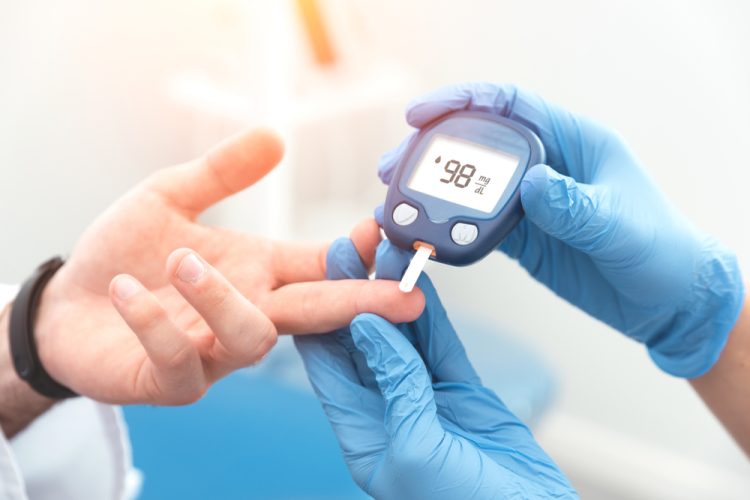Large diabetic drug comparison study releases results
Posted: 28 September 2022 | Catherine Eckford (European Pharmaceutical Review) | No comments yet
Two of the four diabetes drugs tested (insulin glargine and liraglutide) in combination with metformin, extended the blood glucose stability period for patients.


Results from the first study comparing four type 2 diabetes medications found that insulin glargine and liraglutide, two popular medications, performed best.
US participants took the medications in addition to metformin, a common type 2 diabetes drug, as type 2 diabetic patients often need to be prescribed more than one medicine to control their blood sugar levels. If approved as a treatment, the findings give the diabetic population a more positive future, regarding management of their condition.
The large-scale trial was funded by the National Institute of Diabetes and Digestive and Kidney Diseases (NIDDK), part of the National Institutes of Health (NIH). The GRADE study began in 2013 and key results of the FDA-approved medicine’s performance were published in The New England Journal of Medicine (NEMJ).
Over 37 million Americans have diabetes. Around 90 to 95 percent have type 2 diabetes. Individuals with stable blood glucose levels have a decreased risk of developing diabetes-associated problems such as nerve, kidney and eye complications.
The study enrolled 5,047 people with type 2 diabetes, who were put into four treatment groups. Three groups took metformin plus a medicine that increased insulin levels, sitagliptin, liraglutide or glimepiride. Metformin and insulin glargine U-100, a long-acting insulin were given to the final group.
Results concluded that after four years of follow-up, metformin combined with liraglutide or insulin glargine offered longer blood glucose stability compared to taking sitagliptin or glimepiride. Patients had six more months with balanced blood glucose levels. Sitagliptin was observed to be least efficient in supporting the target level for blood glucose.
“This is an integral step toward precision medicine for diabetes care, as these results can now be used in the decision-making process for each individual patient in light of their levels of glucose control, how well the medications are tolerated, and the person’s other health considerations,” described Dr Henry Burch, NIDDK’s project scientist for GRADE.
GRADE Study Chair Dr David Nathan, director of the Massachusetts General Hospital Diabetes Centre, Boston stated: “GRADE effectively shows which drugs worked best at achieving and maintaining blood glucose targets over time, but we need to establish even more effective strategies for the long-term maintenance of acceptable glucose levels.”
To assist further research of diabetes-related cardiovascular disease, investigators also assessed whether the treatments had ability to affect participant outcomes. Those who took the drug liraglutide were least likely to experience cardiovascular disease compared to the drugs taken by other participants.
Related topics
Clinical Development, Clinical Trials, Drug Development, Drug Safety, Research & Development (R&D), Therapeutics
Related organisations
National Institute for Health Research (NIHR), US National Institute of Diabetes and Digestive and Kidney Diseases (NIDDK)
Related drugs
glimepiride, insulin glargine, liraglutide, metformin, Sitagliptin









